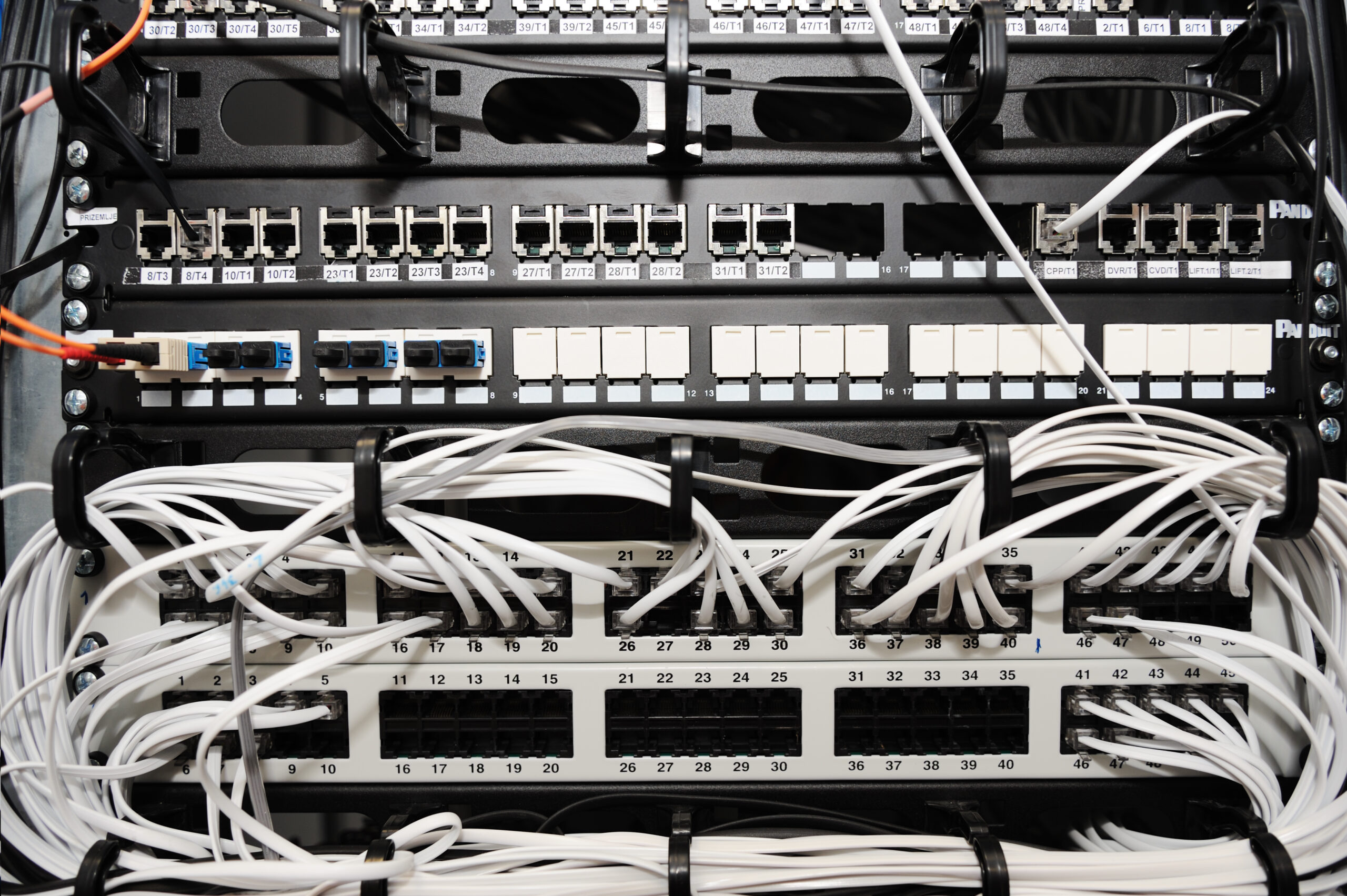Colocation: The Answer to Remote Work Needs and Reduced Office Space Requirements
Remote work has become increasingly popular in recent years, with more companies offering flexible working arrangements for their employees. While remote work offers many benefits such as increased productivity and reduced overhead costs, it also poses some challenges when it comes to data storage and security. One solution that is gaining traction among businesses is colocation services.
What Is Colocation?
Colocation refers to the practice of housing a company’s servers or other IT equipment in a third-party data center rather than onsite at the company’s office space. This allows businesses to take advantage of high-quality infrastructure and expertise without having to invest heavily in building out their own data centers.
The Benefits of Colocation for Businesses
There are several advantages to using colocation services. First and foremost, colocation providers typically have state-of-the-art facilities with advanced cooling systems, power backups, and fire suppression systems. These features ensure that your IT equipment stays safe from physical threats like fires, floods, and power outages. Additionally, colocation providers often offer round-the-clock monitoring and support, which means you can rest easy knowing that someone is always keeping an eye on your hardware.

Another benefit of colocation is cost savings. By leveraging shared resources, businesses can save money on hardware purchases, maintenance, and energy bills. Finally, colocation allows businesses to scale up or down quickly depending on changing needs, making it easier to adapt to fluctuations in demand.
How Colocation Can Help Reduce Office Space Requirements
One of the biggest drawbacks of traditional office spaces is the need for dedicated server rooms or closets to house IT equipment. With colocation, however, businesses can free up valuable square footage by moving their servers offsite. This not only reduces real estate costs but also improves overall efficiency since office space can be used for revenue-generating activities instead of housing IT equipment.
Security Concerns with Remote Work and Data Storage
While remote work offers many benefits, it also introduces new security risks. Employees may access sensitive information over public WiFi networks or use unsecured devices, putting corporate data at risk. Similarly, storing data locally on employee devices can create vulnerabilities if those devices are lost or stolen.
By using colocation services, businesses can store data securely in a professionally managed facility with strict access controls and encryption protocols. This helps mitigate the risk of data breaches and ensures that critical information remains protected.
The Future of Remote Work and Colocation
As remote work continues to grow in popularity, we can expect to see even greater adoption of colocation services. As businesses seek ways to reduce overhead costs while maintaining high levels of performance and reliability, colocation will likely emerge as a key strategy. Additionally, advances in technology such as virtualization and cloud computing will make it easier for businesses to leverage colocation services regardless of their size or industry.
Conclusion: Why Colocation is the Answer to Your Business Needs
In conclusion, colocation presents a compelling option for businesses looking to balance the demands of remote work with limited office space requirements. Whether you’re seeking cost savings, improved scalability, or enhanced security, colocation providers offer a range of solutions designed to meet your unique needs. So why wait? Contact a colocation provider today and discover how they can help transform your business operations.




